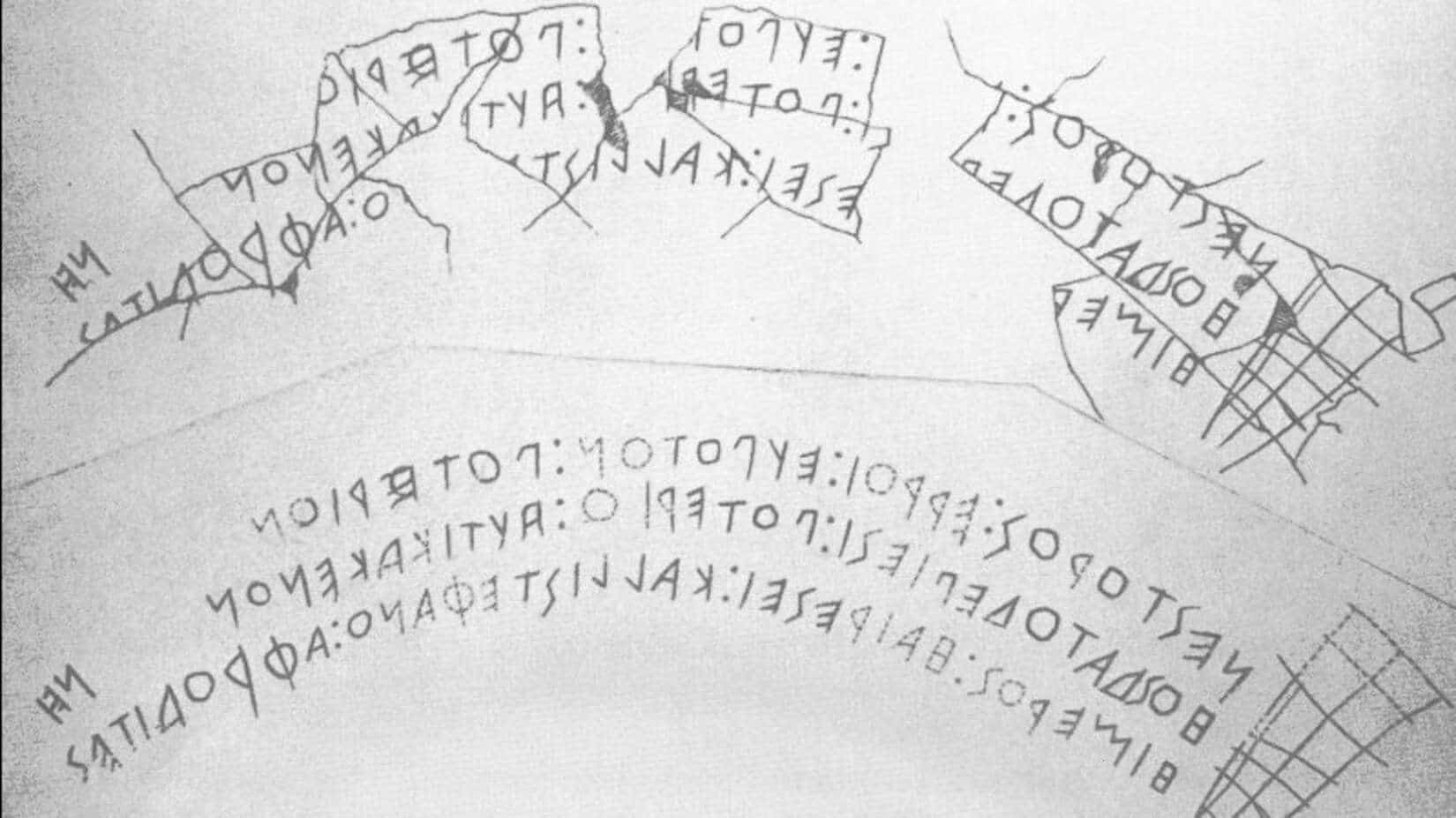

Among ancient civilizations, the Greeks played a pivotal role as the creators of the first true alphabet and a system of writing that would revolutionize literacy and set the foundation for countless modern languages. The invention of the alphabet stands as one of humanity’s greatest milestones in communication and culture.
Before the Greek alphabet emerged, human societies primarily utilized complex writing systems such as cuneiform in Mesopotamia and hieroglyphics in Egypt. These systems relied heavily on symbols representing entire words, syllables, or ideas, making writing complicated and accessible mostly only to trained scribes.
The earliest Greek writing, known as Linear B, relied on syllabic symbols but was limited in flexibility. Around the 8th century BC, the Greeks transformed existing writing traditions. They devised an alphabet that assigned individual letters to distinct sounds, both consonants and vowels. This innovation made writing much simpler and more versatile than ever before.

The Greek alphabet was inspired by the Phoenician script, a consonant-only system developed by maritime Phoenician traders. The Greeks adapted and transformed the Phoenician script by introducing symbols for vowel sounds, a breakthrough that the Phoenician system lacked. This inclusion of vowels allowed for a more accurate and flexible representation of spoken language.
Through the incorporation of both vowels and consonants, the Greek alphabet became the first true one, with each symbol corresponding to a specific sound, making reading and writing easier to learn and more efficient to use for a wider population.
Recent research from Leiden University suggests that the Greek alphabet may be older than previously thought. Traditionally, scholars have dated its origin to the 8th century BC. However, new carbon dating of inscriptions on pottery indicates that the earliest examples of Greek writing could date back to the 9th or even 10th century BC. This challenges the long-held belief of a sudden “alphabetic bang.” It suggests a more gradual development of writing in Greece.
Ancient historian Diodorus Siculus also questioned the Phoenician origin of the Greek alphabet. In his Bibliotheca historica, he noted that, while some believed the Phoenicians invented the alphabet, others argued they merely adapted existing scripts. Diodorus suggests that the Phoenicians “did no more than change the form of the letters,” implying that the Greeks may have inherited or developed their writing system independently, rather than through Phoenician influence.

The invention of the Greek alphabet had profound implications. By democratizing reading and writing, it made literacy more accessible beyond elite scribes and priests, helping to spread knowledge and culture throughout Greek society and beyond. With this practical system, the Greeks were able to put their epic poetry and philosophical ideas into writing. Homer’s Iliad and Odyssey, as well as the works of Socrates, Plato, and Aristotle are among such works and laid the intellectual groundwork of Western civilization.
Furthermore, the Greek alphabet served as the progenitor of many modern alphabets, including Latin—which underpins most Western languages—and Cyrillic, used by many Slavic languages today.

While earlier writing systems existed, none combined simplicity, phonetic accuracy, and accessibility like the Greek alphabet did. Its creation marked a significant shift from complex, symbolic writing to a more straightforward, sound-based system.
This innovation reflects the Greeks’ broader cultural emphasis on clarity, logic, and communication—values that permeated their art, science, and governance.
Even if the Greeks didn’t invent writing itself, they revolutionized it by inventing the first true alphabet, one that represented the range of sounds of their spoken language with individual letters. This breakthrough not only simplified writing but also laid the foundation for modern alphabets worldwide. Thanks to the Greek alphabet, the ideas and stories of the ancient world could be preserved, shared, and built upon, shaping the course of human history for generations to come.
